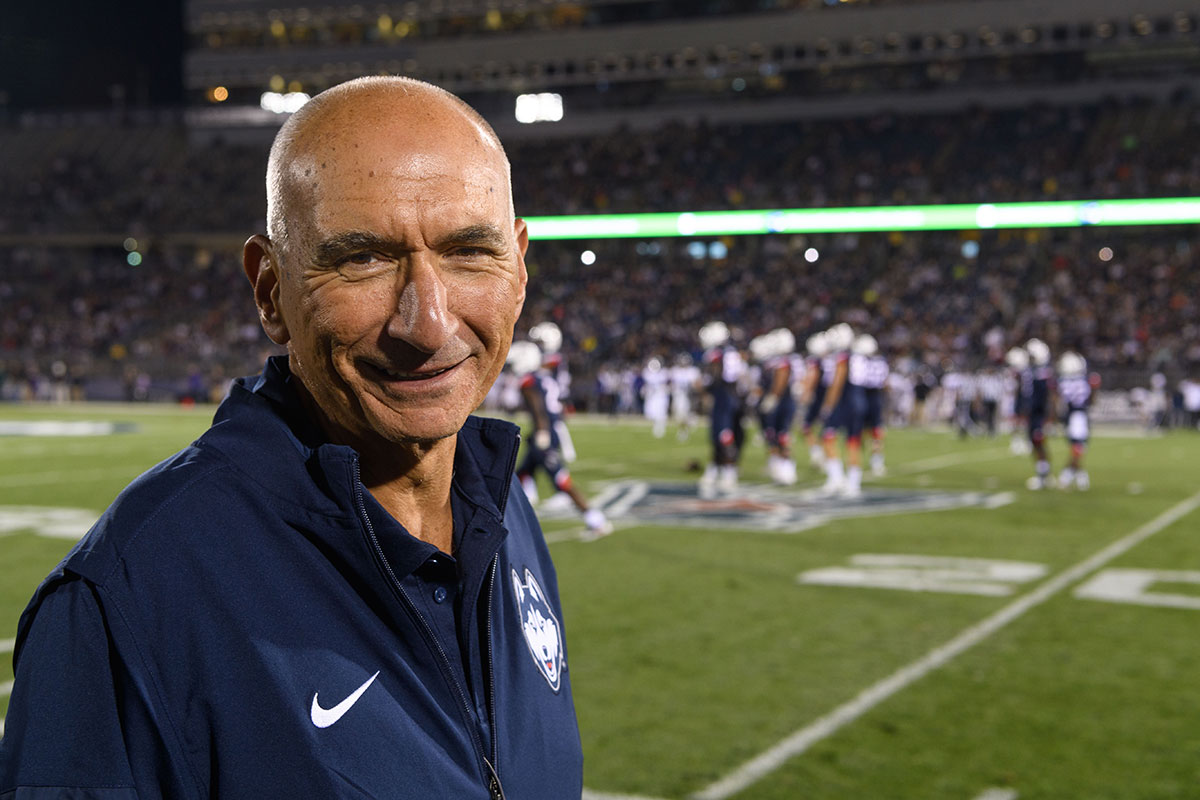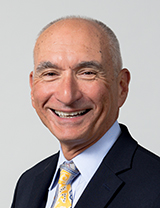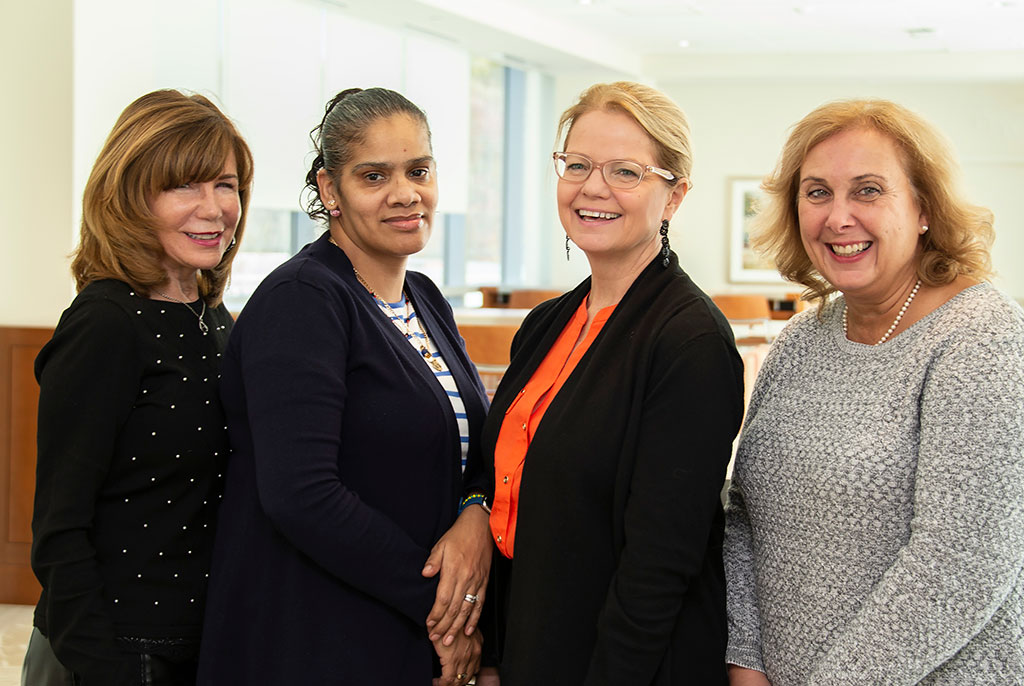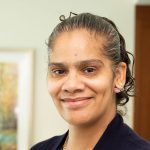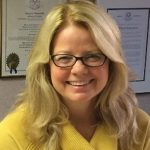 Here is a list of UConn Health programs scheduled for December 2018 and early January 2019. This information will be updated with any additions or other schedule changes.
Here is a list of UConn Health programs scheduled for December 2018 and early January 2019. This information will be updated with any additions or other schedule changes.
Living Well With Epilepsy: A Support Group for Young Adults
Saturday, Dec. 1, noon to 1:30 p.m., UConn Health Outpatient Pavilion, 2nd floor large conference room S2010
The Epilepsy Foundation of Connecticut, in partnership with the UConn Health Department of Neurology, offers a support group for young adults who live with epilepsy. This group is open to those aged 18 to 30 who would like to join others to share experience, gain peer support, and learn together about epilepsy and overcoming its challenges to live well. The group generally meets on the first Saturday of the month. Please call 860-346-1924 or email manzelone.efct@sbcglobal.net for more information.
Bladder Cancer Support Group
Saturday, Dec. 1, 2 to 3 p.m., UConn Health, Onyiuke Dining Room
Patients, family members and caregivers (not limited to UConn Health patients) are invited to join others whose lives have been touched by bladder cancer. This month, UConn Health’s oncology dietitian joins as a guest speaker. This support group, established in partnership with the Bladder Cancer Advocacy Network, usually meets on the first Saturday of the month and is the only group of its kind in New England. Call 888-901-BCAN for more information.
Free Hospital Maternity Tours
Saturday, Dec. 1, 2 p.m., UConn Health, University Tower lobby
A representative will guide you through labor and delivery, postpartum, and the nursery at the UConn John Dempsey Hospital. Children and grandparents are welcome. Call 800-535-6232 to register or for more information.
Auxiliary Festival of Trees
Tuesday, Dec. 4, through Thursday, Dec. 6, UConn Health, University Tower, mezzanine
The UConn Health Auxiliary brings back its display of holiday-themed trees donated by UConn health faculty, staff, students, and Auxiliary members. The trees are on display for three days before a drawing is held for each to be taken home. For more information please call 860-679-2963.
Auxiliary Holiday Bazaar and Basket Raffle
Friday, Dec. 7, 9 a.m. to 4 p.m., UConn Health, main building, cafeteria
The UConn Health Auxiliary’s annual winter holiday shopping event includes local crafters and artists offering unique holiday gift ideas, including, home décor and personalized ornaments. At 3 p.m., the winners will be drawn for the popular raffle of gift baskets created and donated by UConn Health employees. For more information please call 860-679-2963.
Free Cosmetology Services for Cancer Survivors
Tuesday, Dec. 11, 1 to 3 p.m., UConn Health Outpatient Pavilion, 4th floor
“Look Good…Feel Better” is a free program to help improve the self-image and self-esteem of women experiencing appearance-related side effects from cancer treatment. During this hands-on workshop, a trained volunteer certified cosmetologist will teach women how to cope with skin changes and hair loss using cosmetic and skin care products donated by the cosmetic industry. Classes are offered every other month and are not limited to UConn Health patients. Please call 860-679-7820 to register (required).
Breastfeeding Class
Wednesday, Dec. 12, 6 to 8 p.m., UConn Health Outpatient Pavilion, 3rd floor large conference room S3301
A certified lactation consultant leads a discussion of topics including the benefits of breastfeeding, how to get started, and how the rest of the family can help the breastfeeding mother as well as how to continue breastfeeding and working. Fee is $25 per couple. Call 800-535-6232 to register or for more information.
Free Hospital Maternity Tours
Saturday, Dec. 15, 2 p.m., UConn Health, University Tower lobby
A representative will guide you through labor and delivery, postpartum, and the nursery at the UConn John Dempsey Hospital. Children and grandparents are welcome. Call 800-535-6232 to register or for more information.
Infertility Peer Support Group
Thursday, Dec. 20, 7 to 8:30 p.m., Center for Advanced Reproductive Services, 2 Batterson Park Road, Farmington.
The Greater Hartford chapter of RESOLVE, a national nonprofit resource for those facing the challenges of infertility, offers support, information and confidential, informal, peer-led discussions on the third Thursday of the month. To learn more or to check for weather-related cancellation, call 860-523-8337.
Free Hospital Maternity Tours
Saturday, Dec. 29, 2 p.m., UConn Health, University Tower lobby
A representative will guide you through labor and delivery, postpartum, and the nursery at the UConn John Dempsey Hospital. Children and grandparents are welcome. Call 800-535-6232 to register or for more information.
Free Workshop: “Things to Consider Before Joining a Research Study”
Monday, Dec. 31, 5 p.m., UConn Health, Onyiuke Dining Room
The UConn Health Human Subjects Protection Office offers an educational session about the rights and responsibilities of participants in research projects on the last Monday of the month. Registration is required: 860-679-8802 or cagganello@uchc.edu.
Living Well With Epilepsy: A Support Group for Young Adults
Saturday, Jan. 5, noon to 1:30 p.m., UConn Health Outpatient Pavilion, 2nd floor large conference room S2010
The Epilepsy Foundation of Connecticut, in partnership with the UConn Health Department of Neurology, offers a support group for young adults who live with epilepsy. This group is open to those aged 18 to 30 who would like to join others to share experience, gain peer support, and learn together about epilepsy and overcoming its challenges to live well. The group generally meets on the first Saturday of the month. Please call 860-346-1924 or email manzelone.efct@sbcglobal.net for more information.
Bladder Cancer Support Group
Saturday, Jan. 5, 2 to 3 p.m., UConn Health, Onyiuke Dining Room
Patients, family members and caregivers (not limited to UConn Health patients) are invited to join others whose lives have been touched by bladder cancer. This support group, established in partnership with the Bladder Cancer Advocacy Network, usually meets on the first Saturday of the month and is the only group of its kind in New England. Call 888-901-BCAN for more information.
Breastfeeding Class
Wednesday, Jan. 9, 6 to 8 p.m., UConn Health, Onyiuke Dining Room
A certified lactation consultant leads a discussion of topics including the benefits of breastfeeding, how to get started, and how the rest of the family can help the breastfeeding mother as well as how to continue breastfeeding and working. Fee is $25 per couple. Call 800-535-6232 to register or for more information.
Childbirth Preparation Class
Wednesday, Jan. 16, 6 to 10 p.m., UConn Health Outpatient Pavilion, 3rd floor large conference room S3301
This one-day class covers anatomy and physiology of pregnancy and labor, emotions of pregnancy, nutrition, fetal growth and development, comfort measures for labor, working with unexpected events in labor, cesarean delivery, and practice of relaxation and breathing techniques for labor. Class size is limited to eight couples. Remember to bring two pillows and wear comfortable clothing. Light snack is provided. Fee is $100. Call 800-535-6232 or 860-679-7692 to register or for more information.
Living With Heart Disease Meeting
Thursday, Jan 17, 11 a.m. to noon, UConn Health, University Tower, 2nd floor conference room
Men and women affected by heart disease meet to discuss post-diagnosis topics such as prevention and wellness, social and emotional support, heart-healthy recipes, coping strategies and resources. Significant others and caregivers are also welcome to attend. Please call Sue at 860-679-3633 for more information.
Breast Cancer Support Group
Thursday, Jan. 17, 7 to 8 p.m., UConn Health, Onyiuke Dining Room
This is a support group intended for women under the age of 45 who’ve been diagnosed with non-metastatic breast cancer. Women at any point in their cancer survivorship journey are welcome. Meetings are the third Thursday of the month. To register or more information, call 860-679-7820 or email tillinghast@uchc.edu.
Directions to UConn Health are available at health.uconn.edu/locations.
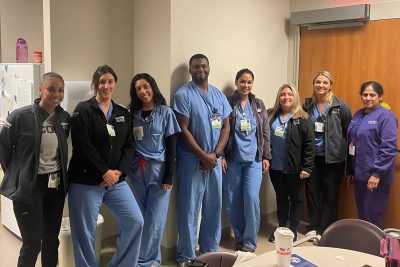
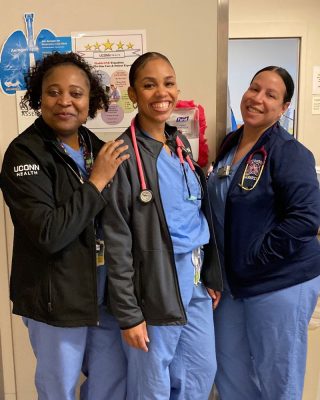
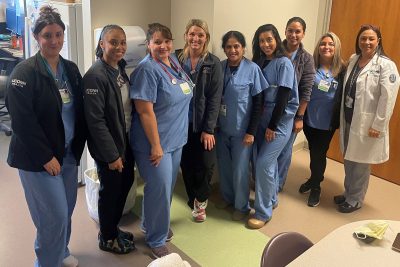
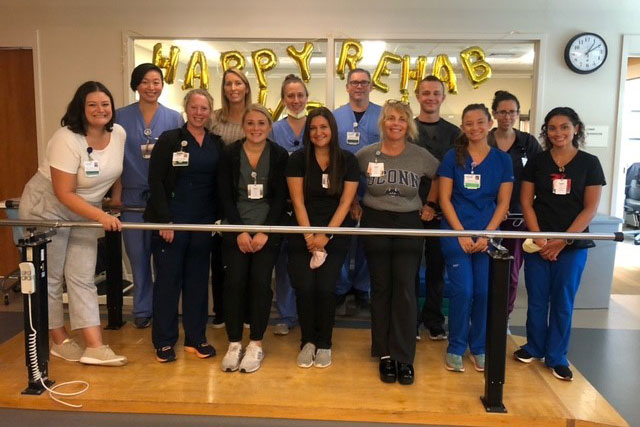
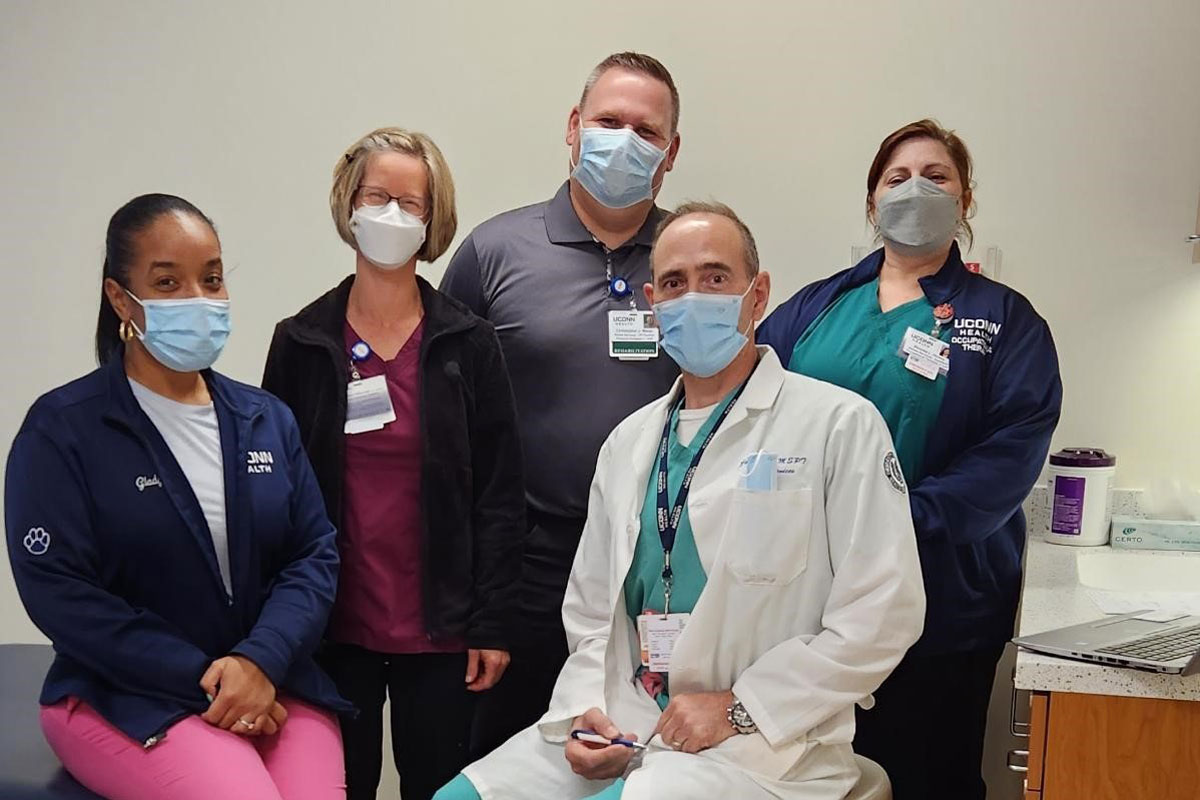
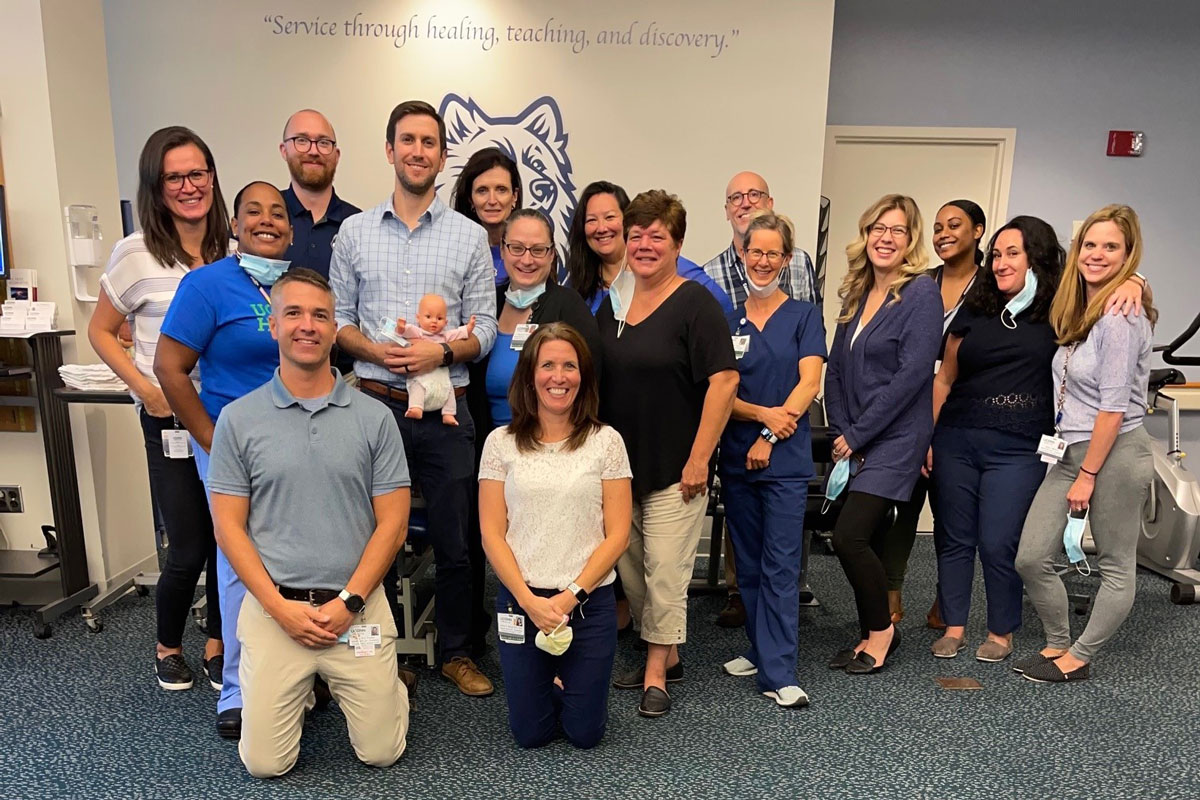
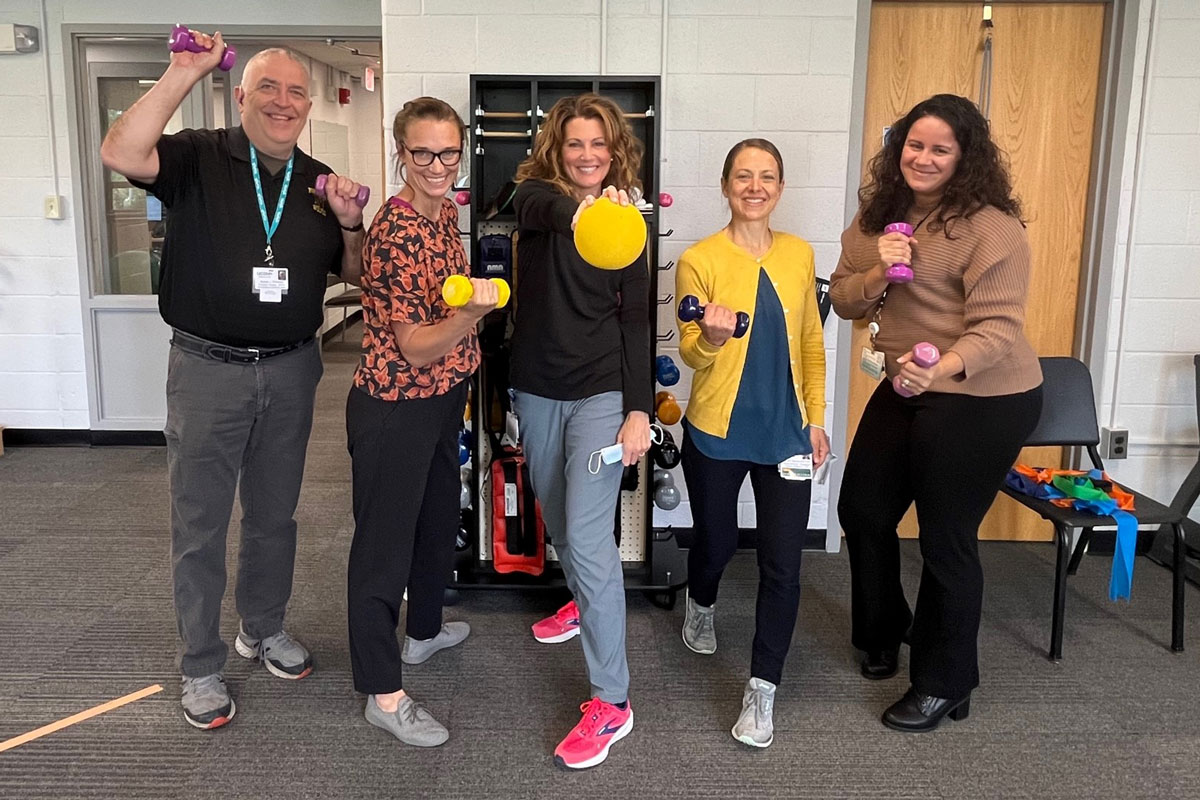
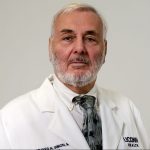
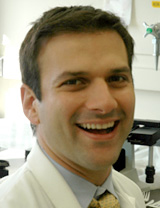
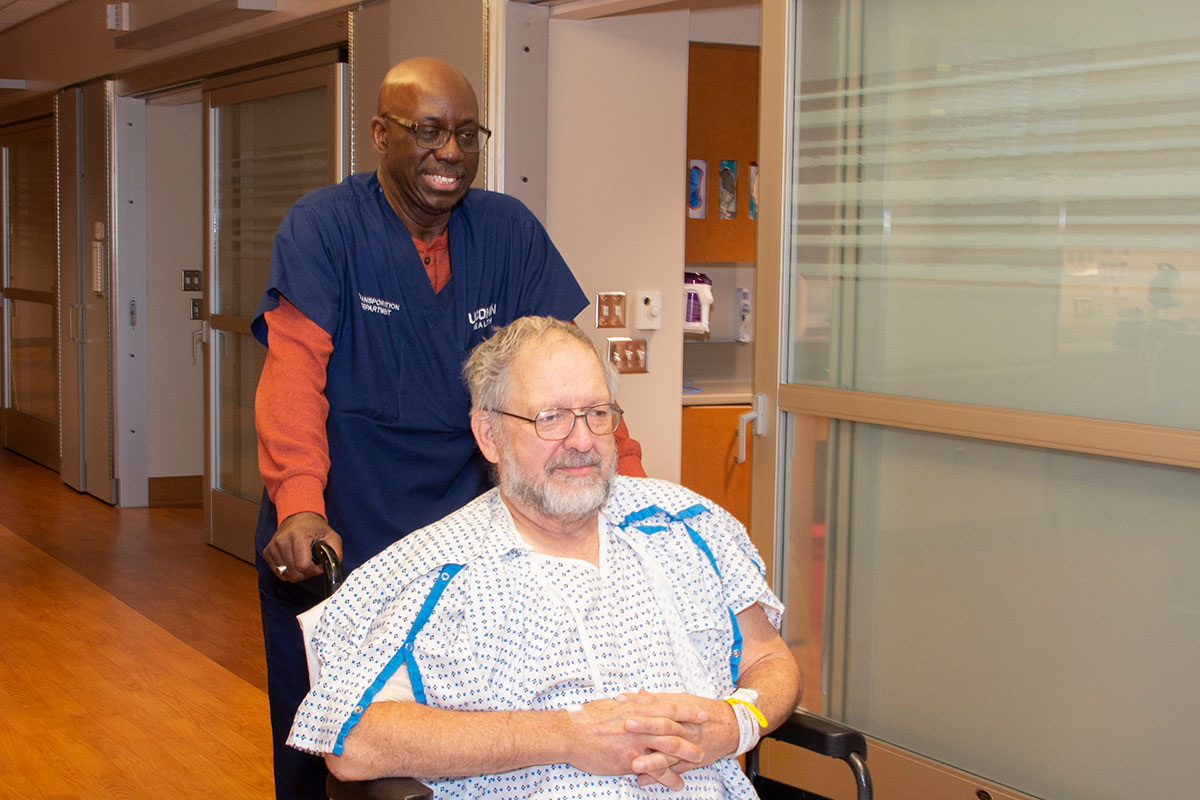
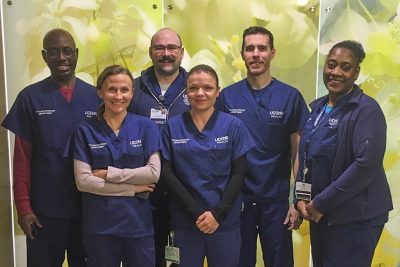
 Here is a list of UConn Health programs scheduled for December 2018 and early January 2019. This information will be updated with any additions or other schedule changes.
Here is a list of UConn Health programs scheduled for December 2018 and early January 2019. This information will be updated with any additions or other schedule changes.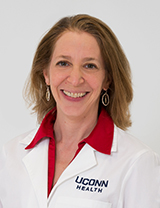
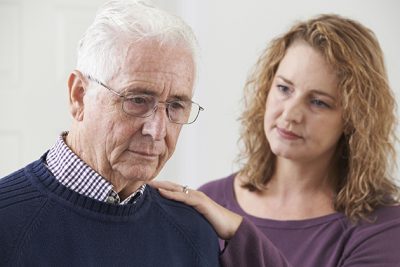
 Here is a list of UConn Health programs scheduled for November and early December 2018. This information will be updated with any additions or other schedule changes.
Here is a list of UConn Health programs scheduled for November and early December 2018. This information will be updated with any additions or other schedule changes. 